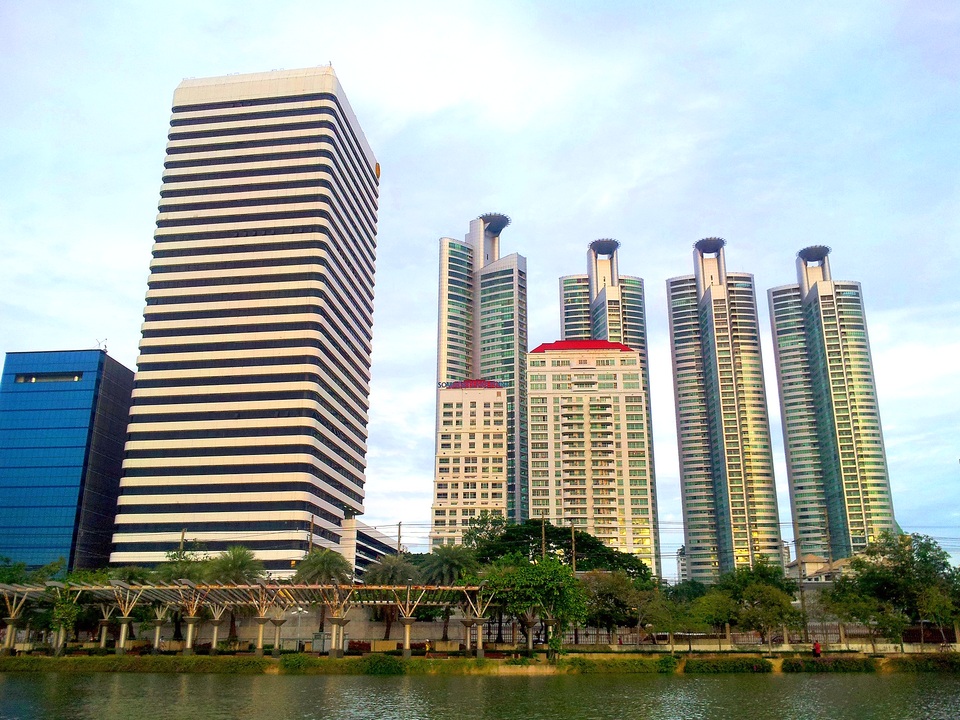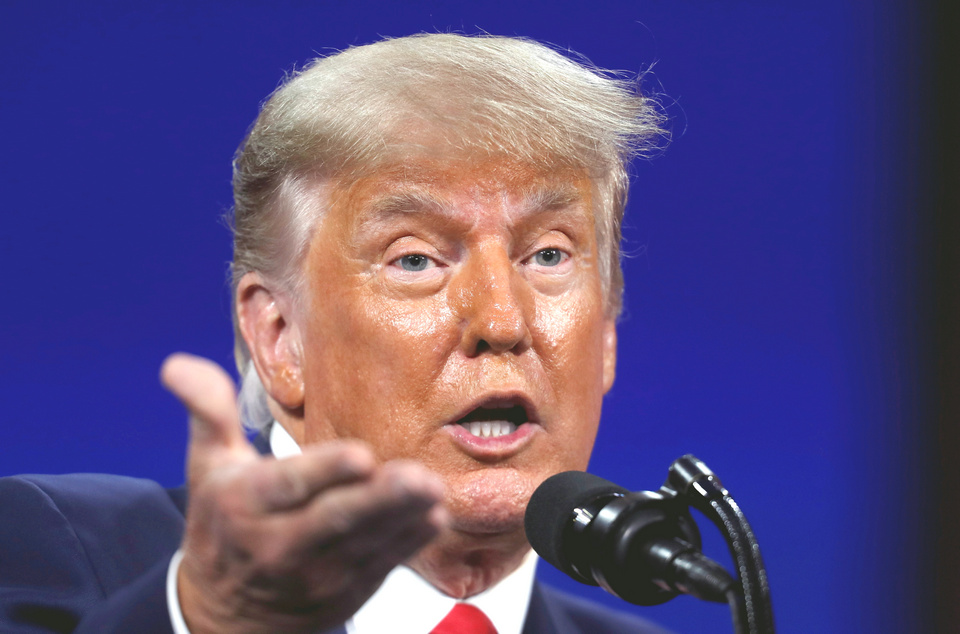
Recently published research by Thailand’s Real Estate Information Center strongly suggests that the ongoing condominium building craze in Bangkok and Pattaya is preparing for heavy Chinese investment once the pandemic subsides. REIC executive director Dr Vichai Viratkapan said that condominium sales had slumped because of Covid-19 travel restrictions, but that legal and immigration changes needed to be made now for the future comeback.
The REIC, which specializes in property valuation, research and seminars, claims that Chinese nationals own 52 percent of the one-and-a-half million condominium units in Thailand that have been bought by foreigners. All other countries (for example Russia and UK) in the top-ten list come in at under six percent. Presumably the research is based on returns from the country’s many land registration offices, although the REIC website and Twitter account are silent on the methodology.
The research also reveals that 80 percent of condominium sales are in Bangkok or Chonburi (which includes Pattaya). But the preponderance of Chinese buyers does not mean that the purchasers intend to live here. There is a growing wealthy middle class in Chinese cities who are looking for a safe place to park their assets which are easily convertible and distant from the financial clutches of the Chinese communist party.
Dr Vichai commented, “It is more difficult to sell condos to buyers who have not seen them in person because you usually buy when you fall in love with a property. Once the Thai government can vaccinate people here, it will be safe to restart international travel.” He added that because most buyers are Chinese, the first factor is when the Chinese government allows their people to travel overseas.

The REIC is recommending that the government introduces changes to stimulate the property market in preparation for the anticipated boom. It would like the ceiling on foreign property ownership in a condominium raised from 49 percent to about 75 percent. Not any condominium in the country mind you, but in popular zones of which Pattaya (actually neo-Pattaya) is highlighted alongside Chiang Mai, Phuket and the metropolis.
Condo sales to foreigners would be restricted to units worth at least 5 million baht in order to reserve the cheaper accommodation to less-wealthy Thai purchasers. The REIC also wants foreigners to be able to buy new houses in selected estates –directly from the developer – provided the property is worth at least 10 million baht. Other proposals, currently under review by the government, are 10 year visas for heavy investors, more freedom from work permit requirements and even the possibility of permanent residency (i.e. no visa required).
Retired local realtor John Shackleton said, “Once the virus subsides, there will be an influx of Chinese ‘nouveaux riches’ anxious to invest in property here. Make no mistake, they have the cash. That’s what the ongoing condominium construction in Pattaya and Jomtien is all about. It’s a mistake to think Chinese interest in Pattaya is restricted to tour groups on zero sum holidays going to the floating market and loading up on duty frees.”
Of course, whether all this will come to pass is a moot point. Covid-19 will alter future travel in ways we can’t fully predict. Mass tourism may be a thing of the past. If so, investment in property might not be such a brilliant idea after all: prices will slump! Even if 10 year visas for the wealthy are introduced, there is no surety about the market out there. An earlier attempt to lure the well-heeled, the Elite card, has had a bumpy ride to say the least.
Donald Trump in Art of the Deal wrote, “I’ve read hundreds of books about China over the decades, made a lot of money with them and I understand the Chinese mind.” We could always ask him.
 |
 |
 |





